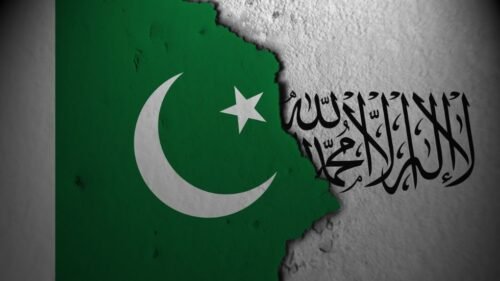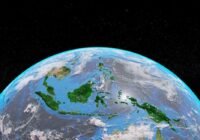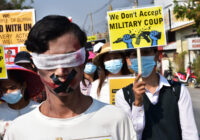Despite Kosovo’s unilateral declaration of independence from Serbia over 16 years ago, the Indonesian city of Jakarta remains the sole Association of Southeast Asian Nations (ASEAN) member yet to validate the decree. Not born of indifference, this longtime moral and geopolitical litmus test for the major Muslim nations of Southeast Asia reflects nuanced international efforts to maintain post-colonial sovereignty as well as domestic unity. Nonetheless, with allied diplomacy evolving and the South-South solidarity movement expanding, Jakarta risks foregoing key partnerships in the Western Balkans and damaging ASEAN’s reputation altogether.
Balancing non-interference and regional solidarity
Outlined in their 1976 Treaty of Amity and Cooperation is ASEAN’s bedrock principle of non-interference. Reaffirmed in the 2008 organizational charter, they assert that supporting independence of one body from another could inspire governmental decline and chaos over time, leaving them at fault. Even so, this philosophy now clashes with a normative contradiction.
While Indonesia has grappled with similar demands for provincial secession in the past, it too routinely positions itself as a champion of Muslim solidarity through its role in the Organization of Islamic Cooperation (OIC) and humanitarian interventions in Palestine and Myanmar’s Rakhine State. Refusing to recognize Kosovo, therefore, being a Muslim-majority country that suffered ethnic cleansing before NATO intervention, risks undercutting this moral posture.
From a geopolitical standpoint, Indonesia’s Kosovo stance also reflects its broader hedging strategy. Jakarta maintains crucial economic and security ties with both China and Russia, whose UN Security Council vetoes together continue blocking Kosovo’s full UN membership, further extending their present defense contract terms. Strategic ambitions like these cannot hide indefinitely, however, as Turkey and the Gulf states have recently increased their investment toward Kosovo’s extended relief effort.
A call for strategic alignment and recognition
Only a multi-lateral pathway, anchored in the OIC or a UN General Assembly resolution, could offer ASEAN’s Muslim-majority states political immunity while aligning their Kosovo policies with international law. ASEAN could co-sponsor an OIC resolution endorsing Kosovo’s independence, then jointly notify Koa Kim Houng, ASEAN’s Secretary-General, positioning their move as a product of consensus rather than defiance.
Starting this recognition process safely, ASEAN should first establish a permanent diplomatic presence in Kosovo’s capital city of Pristina, likely giving its government a stronger grasp of stability in the Balkans, expansion in the EU and evolution in NATO security. ASEAN’s risk assessment potential could also be improved with this intelligence, unearthing threats from as far as the South China Sea to domestic terrorism. Furthermore, with soft power-centered peace building, trade and reconstruction, ASEAN could restabilize its reputation for reliable mediation and beyond.
Healthy alternatives are few. Considering Kosovo’s growing partnerships with Turkey, the United Arab Emirates and Western Europe only further marginalize ASEAN’s EU–Asia relationship. This means that ASEAN must choose what is more important: upholding its current rigid orthodoxy or holding true to its 1955 Bandung Conference ethos that oppressed peoples, wherever they are, deserve dignity and international recognition. So, to protect South-South solidarity and its Muslim-majority, let us pray they make the right decision.
[Nicholas St. Sauveur edited this piece.]
The views expressed in this article are the author’s own and do not necessarily reflect Fair Observer’s editorial policy.
Support Fair Observer
We rely on your support for our independence, diversity and quality.
For more than 10 years, Fair Observer has been free, fair and independent. No billionaire owns us, no advertisers control us. We are a reader-supported nonprofit. Unlike many other publications, we keep our content free for readers regardless of where they live or whether they can afford to pay. We have no paywalls and no ads.
In the post-truth era of fake news, echo chambers and filter bubbles, we publish a plurality of perspectives from around the world. Anyone can publish with us, but everyone goes through a rigorous editorial process. So, you get fact-checked, well-reasoned content instead of noise.
We publish 3,000+ voices from 90+ countries. We also conduct education and training programs
on subjects ranging from digital media and journalism to writing and critical thinking. This
doesn’t come cheap. Servers, editors, trainers and web developers cost
money.
Please consider supporting us on a regular basis as a recurring donor or a
sustaining member.
Will you support FO’s journalism?
We rely on your support for our independence, diversity and quality.











Comment